This Bengali proverb is commonly used to convey the idea that individuals bear responsibility for their mistakes, regardless of the circumstances. Typically, blame is often placed on the shoulders of those who are perceived as weak or vulnerable, either as individuals or within a specific community.
All are blaming “nobody”!
This Bengali proverb is commonly used to convey the idea that individuals bear responsibility for their mistakes, regardless of the circumstances. Typically, blame is often placed on the shoulders of those who are perceived as weak or vulnerable, either as individuals or within a specific community. However, a notable shift has been observed in recent times where journalists across various sectors find themselves becoming the scapegoats—the so-called "Nanda Ghosh." Journalists are now held responsible not only for political failures but also for contributing to the rise in commodity prices, as well as the shortcomings of athletes and sports organizers.
.jpeg)
This trend was highlighted on Tuesday when Tanveer Ahmed Titu, the chairman of the media committee, explicitly stated that journalists share the blame for the issues involving Shakib and Tamim. The controversy around Shakib and Tamim added fuel to the already tumultuous cricket arena just before the World Cup. Tamim Iqbal decided to withdraw his name from consideration for the team, citing discomfort, just two days before the official announcement. When the team was unveiled, Chief Selector Minhajul Abedin Nannu attributed Tamim's absence to injury. However, Tamim, after leaving the country, clarified the main reason for his withdrawal in a video message to the media a few hours later.




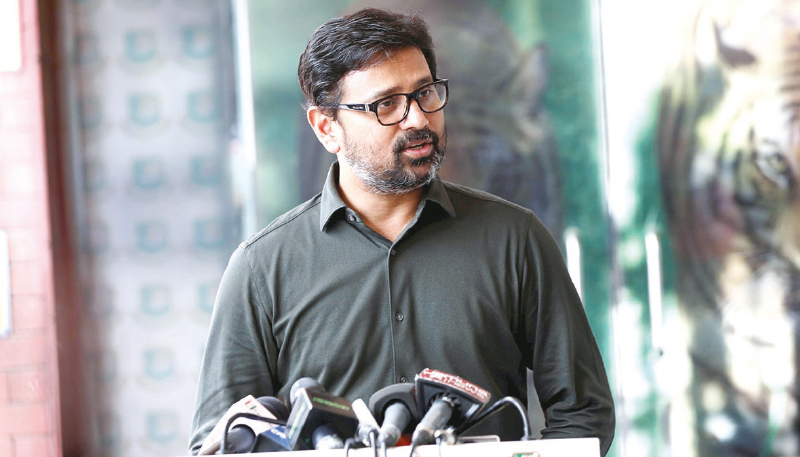
.jpeg)


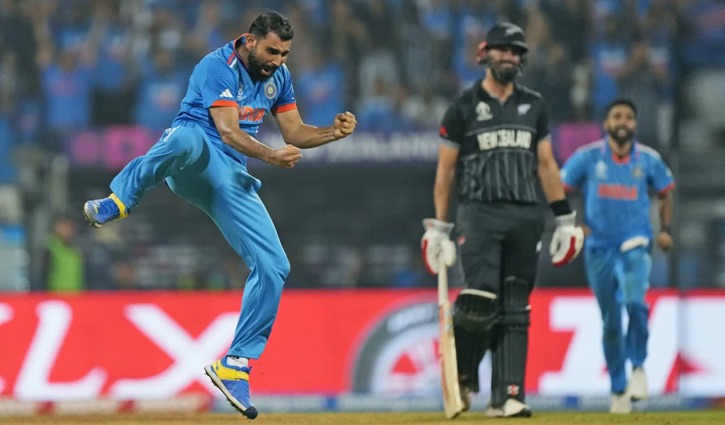



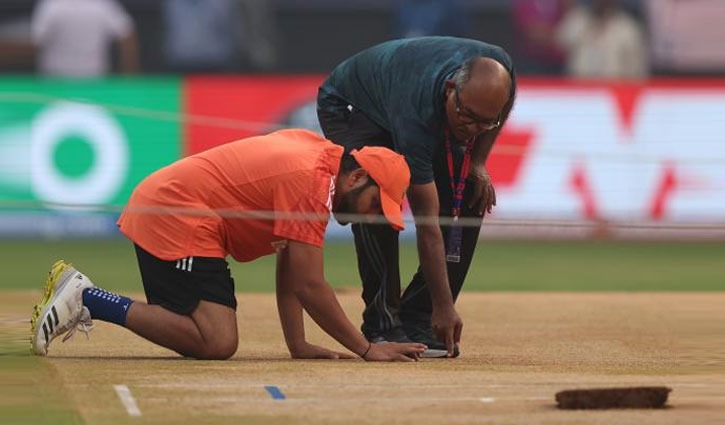


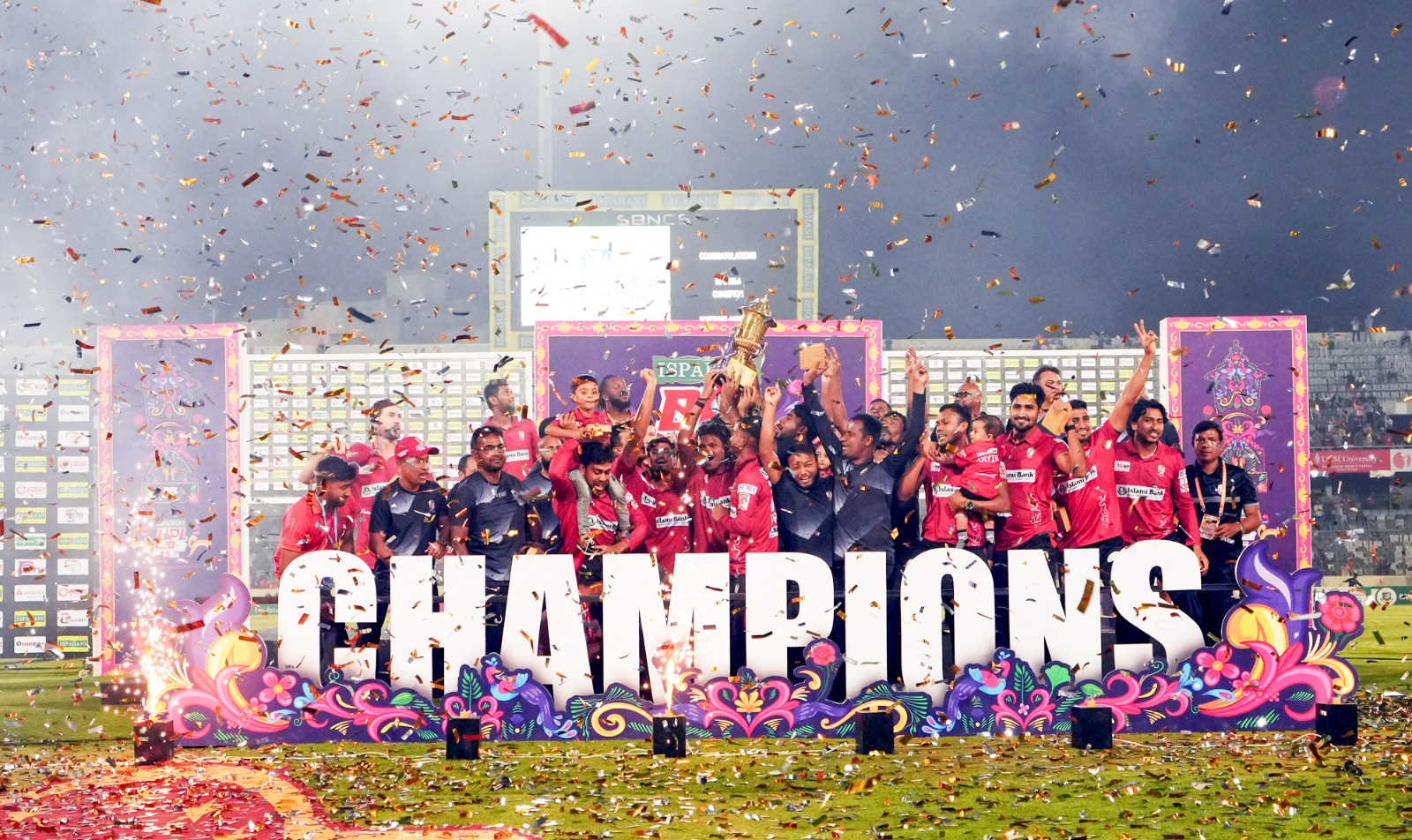

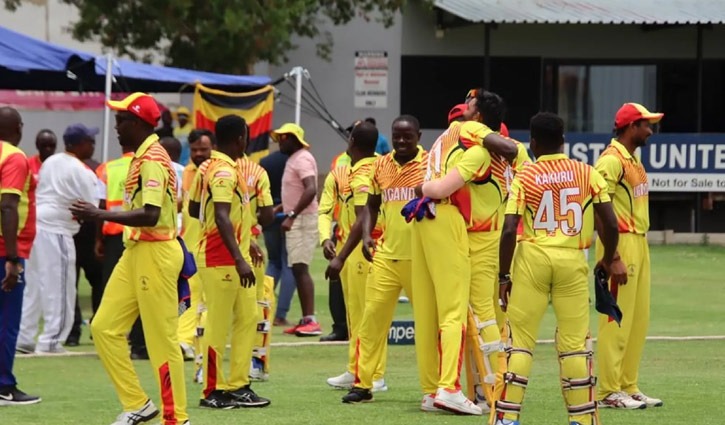







Comments 0